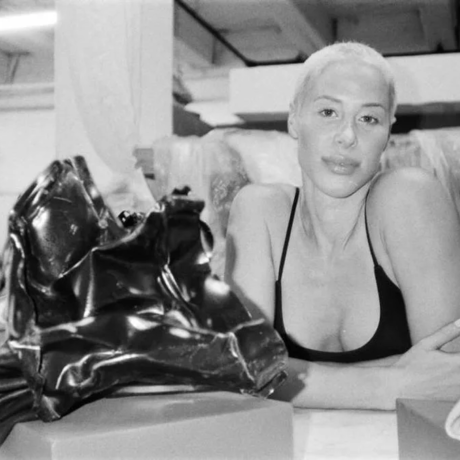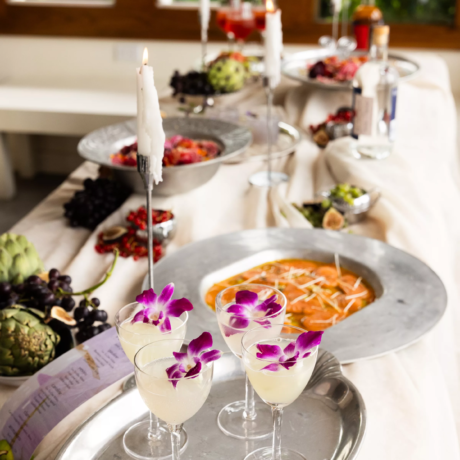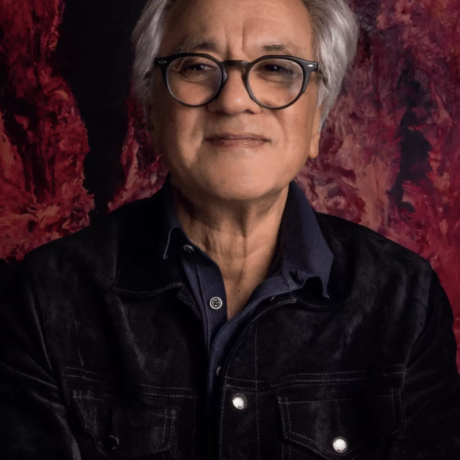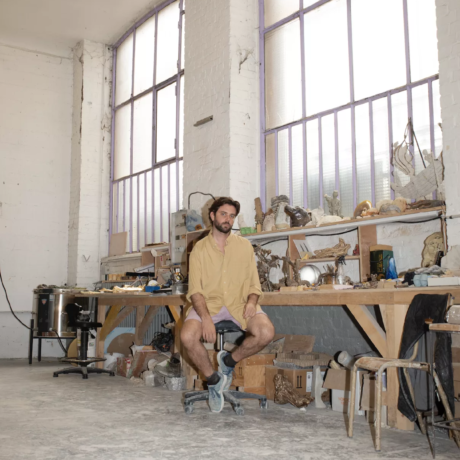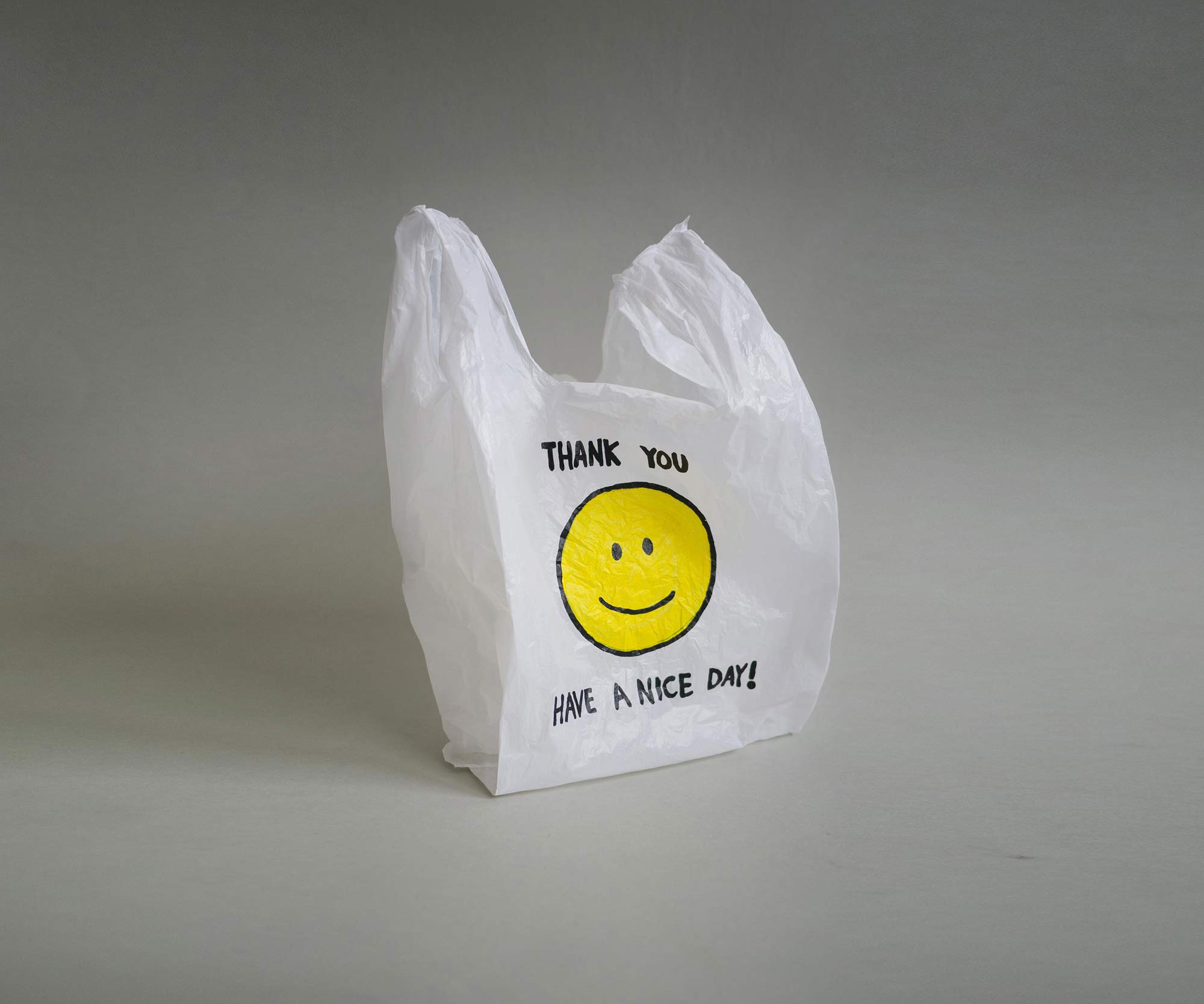
Each evening, as I wait for the tube after work, I relish the fact that I am heading home and not to a second job. My early twenties remain clouded by the dread that came as the clock inched closer to five o’clock. When the time came, I would leave my unpaid internship at a glossy lifestyle magazine and start my shift at a clothes store on London’s Regent Street. I bounced from one job to the other, pausing only to sleep, before heading out to do it all over again. My life ticked on, like a particularly annoying advert that can’t be skipped, and I resigned myself to it.
To make things worse, I was gripped by the idea that all this hard work was good for me. I graduated in 2012, with the financial recession still looming, and was often told that to work any job at all was fortunate. It is frighteningly easy to fall victim to the conservative logic that those who work hard will be rewarded, but never has it held on to me so tightly as in my early twenties. I’ll just get through this week, I’d tell myself, and then it will get better; then I’ll have more time, more money, more recognition. All the while I was exhausted, and would hide in the toilets just to close my eyes for a few minutes. I was, and still am, a master of self-delusion. Would anyone turn up to work if they weren’t?
When the Tate advertised for a head of coffee recently, with a salary of nearly £40,000, I couldn’t help but think back to my two first jobs. The outcry that the role was greeted with typifies the disparity between the arts and the service sector. The average curator’s salary in London is £37,300, which means there are plenty working for well below that figure. Starting salaries in the arts are pitifully low, and the unethical practice of unpaid internships has continued. It is infuriating that it took the higher salary, offered to a role in the Tate’s catering department, for the lower wages of the gallery’s curatorial staff to be called out.
“I was, and still am, a master of self-delusion. Would anyone turn up to work if they weren’t?”
The derision and outright disgust showered upon the role also reveal a deeper culture of snobbery from the art world towards those who work in service and catering. It is an attitude that I remember well from my time working in both. During the day, at the magazine’s Marylebone office, I ate the fresh fruit laid out in bowls and drank coffee from the Nespresso machines stationed on each floor. I was given stationary monogrammed with the magazine’s name, free gifts from advertisers and a cake on my birthday. Meanwhile I spent my evenings on my feet, picking up after customers and sharing elaborate in-jokes about our lives with my other set of colleagues on the shop floor.
Once, I served one of the section editors from the magazine when they came into the shop. It was a bizarre collision of worlds, like seeing a teacher out of school on the weekend, and left me feeling disorientated and oddly ashamed. What sticks with me most is their awkwardness as I rang their items through the till, as if my second job was something to be kept hidden and out of sight. We both smiled a little too brightly as the total to pay flashed up, more than I received from the magazine in a single month. It was left unspoken that, while the shop might not have looked like an enviable workplace, it did pay above minimum wage when my internship did not. I’m sure that we both left the encounter feeling judged.
Why do we accept low salaries in the creative industry, or even no pay at all? There is a mythology built up around creative jobs, and it is fuelling a crisis both in funding and in access. When creative roles are adulated and applauded, with little thought given to how much they are actually paid, it is no surprise that many of us aspire to far more than just money. The definition of success in the creative industry is vastly different to almost every other field. It can be measured in all manner of metrics, from social media followers to air miles to exclusive parties, but rarely in money.
“There is a mythology built up around creative jobs, and it is fuelling a crisis both in funding and in access”
In short, a job in the creative industry is more likely to impress middle class parents or friends from university than one in the service sector. But at what cost? Press Pad was set up in 2018 to tackle this problem of diversity, with the aim of providing free accommodation for young journalists who have secured an internship in London but cannot afford to undertake it. They initially announced plans for established journalists to host interns in their spare rooms free of charge, but recently came under fire following the revelation that they will now charge £150 rent per week for the privilege. When a hostel bed can be rented in the city for less than £15 a night, it is a cost that reveals just how out of touch the privately-educated founder of the scheme really is.
This is a disconnect that runs throughout the industry. An article, published this week on a website breathlessly named The Art Gorgeous, had some advice to offer on the subject. Titled “Ever Wondered How To Survive On An Art World Salary?”, it promises tips for achieving that “glam lifestyle you always wanted”. Spoiler alert: none of their advice involves asking for a raise. Instead, free canapés and drinks at private views are advocated as viable alternatives to a fair salary. Worst of all, they brightly suggest taking on a second job to make up the difference, proposing a foray into supper clubs or yoga (an evening job on the shop floor is politely overlooked).
I hope that the hype around jobs in the arts is reaching breaking point. There is a wider craft revolution taking place across the service sector, whereby roles as bakers, chefs, baristas, bartenders and shop assistants have been elevated to new status. This should be applauded, rather than laughed out the door, but old habits die hard. A career in the creative industry should be viewed as a job like any other, and paid a decent wage that reflects this.
Until then, many will remain with a foot in each, shuttling from one world to another while remaining a tourist in both. All the coffee and fresh fruit in the world didn’t make up for the financial burden placed upon me. I wasn’t seeking a lifestyle; what I wanted was a living. But when I look back now, it is not the lost earnings that I regret the most. I long for the evenings that I lost, and which can never be returned to me.
Are We There Yet is a fortnightly column by Louise Benson. Top image © Michikazu Matsune

